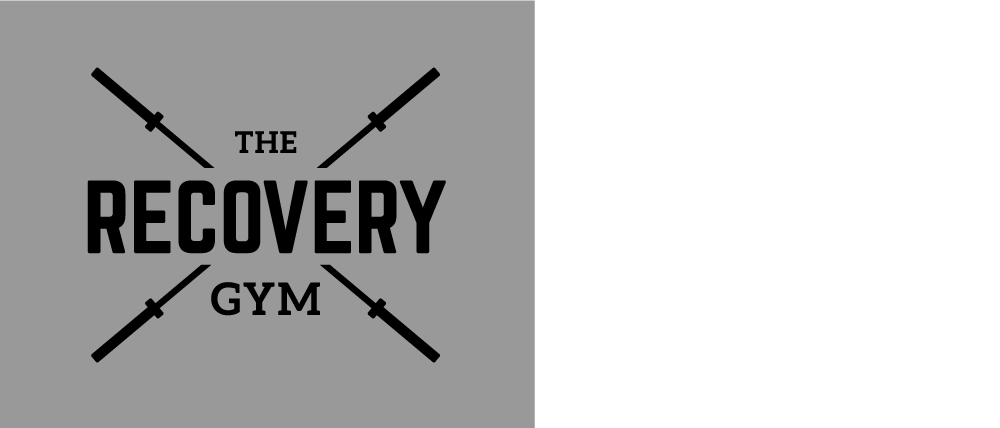Oregonians deserve every opportunity to recover, and recover well.
The World Health Organization (WHO) has defined good health as “a state of complete physical, mental and social well-being and not merely the absence of disease or infirmity (World Health Organization, 2013).“ Despite this being WHO’s working definition of good health, the behavioral healthcare field has been slow to move beyond clinical service delivery merely focused on symptom reduction and into addressing overall social determinants of health, including but not limited to physical health. In the WHO’s Mental Health Action Plan for 2013 -2020, addressing the physical health needs of people living with behavioral health conditions is described as an integral part of supporting overall health and wellbeing (World Health Organization, 2013). This of course makes sense when we look at the co-morbidity rates of physical health concerns for people living with mental health or substance use disorders. We know, for instance, that people living with a substance use disorder tend to have higher Adverse Childhood Experiences Scores (ACES) and that people with higher ACES have markedly poorer physical health outcomes extending well into adulthood (Williams, et al., 2008). We also know that “continuing anxiety, insecurity, low self-esteem, social isolation, and lack of control over work and home life,” all of which are common among people living with a substance use disorder, have a negative impact on overall health and wellbeing (WHO Healthy Cities Project, 2003). With understanding that the population Alano Club serves is at much higher risk for physical health concerns, it is our hope to be able to address these concerns by providing supports and services geared toward improving overall health and wellness. We envision meeting this need with TRG.
WORK HARD AND CHANGE THE GAME.
People in recovery work hard, and we expect to work just as hard at The Recovery Gym to provide a fun, inviting, atmosphere that supports the recovery community.
The Recovery Gym will help those who value physical activity and wellness find their identities in recovery.
The idea of a recovery-focused gym to support physical health and improve social determinants of health among people in recovery from substance use disorders is not a new one. Variations of recovery-focused gyms exist across the county, with places such as The Phoenix, Sober Fitness and Black Iron Gym offering unique arrays of recovery-focused physical health and social support services. It is of no surprise that physical activity for people in recovery from a substance use disorder has been experienced as beneficial. In fact, “a growing body of literature has demonstrated that physical exercise is associated with favorable mental health outcomes” (Read & Brown, 2003).
Science has shown us that substance use disorders and co-occurring mental health concerns negatively impact the brain’s dopamine and serentonin neurotransmitter production, which coincidentally are two of the very same neurotransmitters activated during physical exercise (He, et al., 2012). We also know that physical exercise activates the brain’s production of endorphins, resulting in what is commonly referred to as the “runner’s high.” This increased endorphin production is “related to a positive mood and an overall enhanced sense of well-being” (Craft & Perna, 2004). In other words, physical exercise allows for individuals to “achieve a pleasurable state without use of drugs” (Read & Brown, 2003). Exercise behaviors that increase the release of these brain chemicals “generally lead to a positive response within the body and thus reinforce the behavior associated with this positive response” (Read & Brown, 2003). Essentially, exercise produces a pleasurable “natural high” that is reinforced over time.
In addition to the health and “natural high” benefits of physical exercise, the social support, sense of community and group belonginess that TRG membership and activity participation will provide has also been demonstrated to improve recovery outcomes (Buckingham, Frings, & Albery, 2013). Social support has long been understood to increase chances of sustaining mental health and substance use disorder recovery (Gagne, White, & Anthony, 2007). TRG will intentionally foster and naturally offer this instrumental social support for people in recovery.
“I feel such gratitude for life. Finding a physical discipline in my recovery has allowed for the mental, spiritual, emotional parts of me to come alive as never before!”
